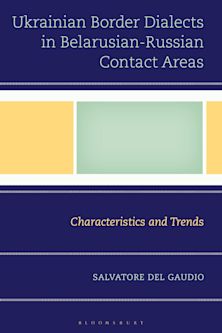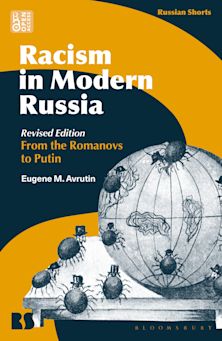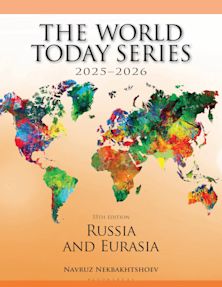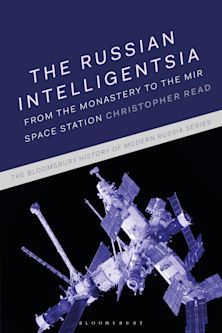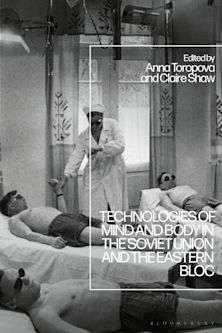The Aesthetics of Lev Vygotsky
A Sociocultural Approach to Theater
The Aesthetics of Lev Vygotsky
A Sociocultural Approach to Theater
Description
At the crossroads of theater, art, and psychology, Lev Vygotsky's compelling theory of aesthetics helped shape the intellectual currents of Russian Modernism. This new book combines our understanding of Vygotsky's scientific and artistic legacies, bridging the divide between human consciousness and the transformative power of art.
The Aesthetics of Lev Vygotsky: A Sociocultural Approach to Theater introduces the concept of Vygotsky's aesthetics, offering an unprecedented exploration of Lev Vygotsky's early writings on art, literature, and theater. Long overshadowed by his later work in psychology, these formative texts reveal a compelling theory of art's psychological function, shaped by the artistic and intellectual currents of Russian Modernism. By rereading Vygotsky's aesthetic writings in dialogue with this context and with his mature psychological theories, this book challenges the divide often drawn between his scientific and artistic legacies, illustrating how Vygotsky's thinking oscillates fluidly between disciplines, bridging the study of human consciousness with the transformative power of art. Through this interdisciplinary lens, Vygotsky's aesthetics emerges as a distinct and timely framework; one that speaks not only to scholars of theater and psychology, but to anyone interested in how art helps us understand what it means to be human.
Table of Contents
Notes on Translation, Transliteration, and Style
About the Author
Introduction
Chapter 1 - Vygotsky's Early Work on Aesthetics: A Decade of Engagement with Artistic Critique
Chapter 2 - The Psychology of Art: Vygotsky's Endeavour to Systemize his Artistic Theory
Chapter 3 - Why Vygotsky's Aesthetic Theory Remains Overlooked: The Impact of Early Scientific Perspectives
Chapter 4 - Beyond Objectivism: Unpacking Vygotsky's Humanistic and Aesthetic Influences
Chapter 5 - Integrating Vygotsky's Early and Later Works: A Revised Definition of his Aesthetic Theory
Chapter 6 - The Social Role of Russian Modernist Theater in the Pre-Revolutionary Era
Chapter 7 - Russian Modernist Theatre as a Window to the Soul
Chapter 8 - Russian Modernist Theater as a Laboratory for the Revolution
Chapter 9 - Understanding Form as an Agent of Aesthetic and Social Transformation
Chapter 10 - The Dialectics of Emotional Transformation in Theater
Chapter 11 - Social Change and Existential Crisis: The Literary Reception of Hamlet and the Inherited Vision of Its Protagonist in Modernist Russia.
Chapter 12 - Hamlet on the Russian Modernist Stage: Situating Vygotsky within the Russian Modernist Receptions of Hamlet
Chapter 13 - Hamlet in Analysis: Vygotsky's Place among Psychoanalytic Readings
Chapter 14 - Vygotsky's Analysis of Hamlet as a Case Study for his Aesthetic Theory
Chapter 15 - Vygotsky's Aesthetics Today: Future Perspectives
Concluding Remarks
Bibliography
Index
Product details

| Published | Nov 13 2025 |
|---|---|
| Format | Ebook (Epub & Mobi) |
| Edition | 1st |
| Extent | 220 |
| ISBN | 9781978760745 |
| Imprint | Bloomsbury Academic |
| Publisher | Bloomsbury Publishing |
Reviews

ONLINE RESOURCES
Bloomsbury Collections
This book is available on Bloomsbury Collections where your library has access.
















